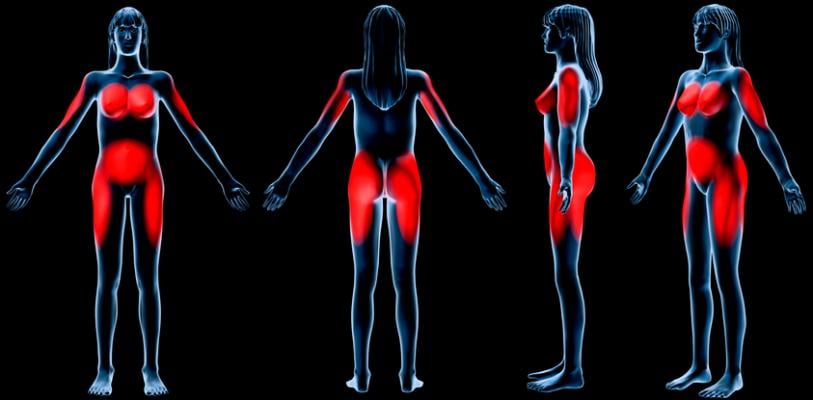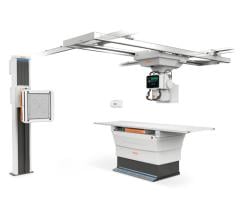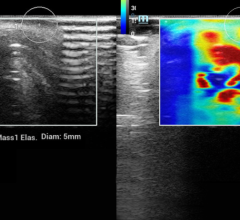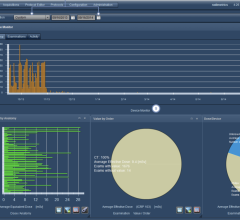
Getty Images
May 13, 2021 — Medical researchers at Flinders University have established a new link between high body mass index (BMI) and breast cancer survival rates — with clinical data revealing worse outcomes for early breast cancer (EBC) patients and improved survival rates in advanced breast cancer (ABC).
In a new study published in a top breast cancer journal, researchers evaluated data from 5 thousand patients with EBC and 3,496 with ABC to determine associations between BMI and survival rates across both stages.
Researchers say the results present an 'obesity paradox' which will impact the survival outcomes of the 19,807 women and 167 men diagnosed with breast cancer in Australia in 2020.
Natansh Modi, a NHMRC Ph.D. Candidate at Flinders University, says understanding the biological reasons obesity impacts early and advanced breast cancer survival rates differently will be the key towards developing more effective treatments.
"Higher body mass index (BMI) is associated with an increased risk of developing many types of cancer including breast cancer as a result of elevated levels of circulating sex hormones such as estrogen, estrone, and testosterone, high serum leptin, and chronic inflammation that are associated with high BMI."
Co-author Ashley Hopkins, M.D., a Senior Research Fellow at Flinders University, says the study utilises high quality contemporary medicines data to demonstrate higher BMI as independently associated with worse survival in EBC and paradoxically improved survival in advanced disease.
"This is world first evidence of an obesity paradox in breast cancer and highlights an urgent need to understand the biological basis of obesity impacts throughout breast cancer diagnosis and treatment."
For more information: www.


 May 07, 2024
May 07, 2024 








